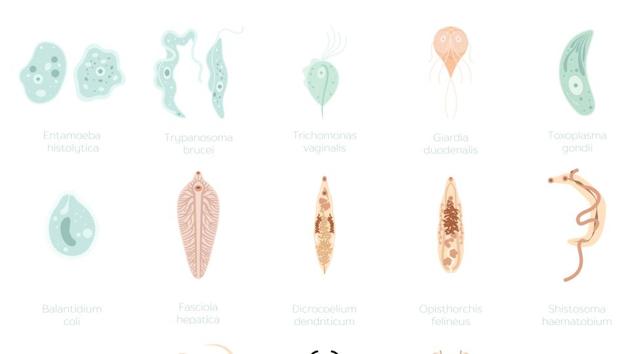One third of all parasites may go extinct by 2070 due to climate change, says study
Parasites such as tapeworms, leeches, ticks, fleas and lice are carriers or causes of diseases but they play an important role in stabilising the ecosystem.
One third of all the parasites could go extinct by 2070 due to climate change, a study published on Science Advances earlier this month warned.

Parasites such as tapeworms, leeches, ticks, fleas and lice are carriers or causes of diseases but they play an important role in stabilising the ecosystem.
“One thing we’ve learned about parasites in the past decade is that they’re a huge and important part of ecosystems that we’ve really neglected for years,” said Colin Carlson, lead author of the study who is a graduate student at the University of California, Berkeley.
Researchers studied 457 parasites from a collection of 20 million kept at the Smithsonian Institution’s Museum of Natural History in the US. They then applied various models to predict if the parasites’ habitats will become unsuitable due to climatic changes in the future.
It found that 10% of all parasites can become extinct by 2070 but in the most dire consequences, one-third could vanish. The Smithsonian Magazine said up to half of Earth’s 7.7 million known species are parasites.
“Parasites seem like one of the most threatened groups on Earth,” Carlson told The Guardian.
“Parasites obviously a hard sell... even if you’re grossed out by them -- and there are obviously downsides for individual hosts and humans -- parasites play a huge role in ecosystems.”
Parasites have little interest in killing their hosts because then they would lose their source of food, explained Anne Philips, the curator of the Smithsonian’s parasite collection. If these non-lethal parasites go extinct, it opens avenues for other species to invade, which may or may not be harmful, the Smithsonian quotes Philips as saying.
“That doesn’t necessarily work out well for anyone, wildlife or humans,” said Carlson.
Scientists had warned in July the sixth mass extinction in Earth’s history was already underway and was more severe than previously thought, adding that human overpopulation and overconsumption was the cause of massive loss of wildlife.



